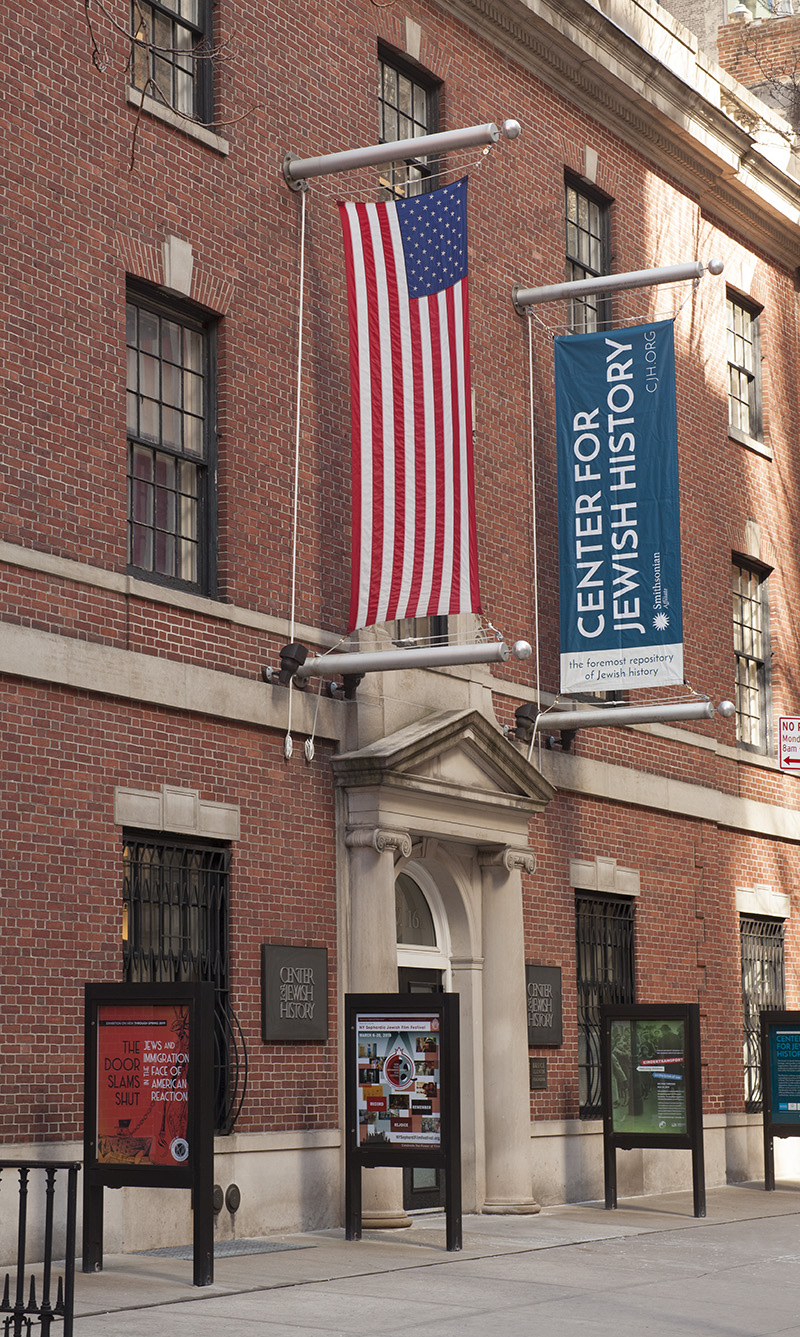lecture
Jewish Resistance during the Pogroms in Ukraine in 1918-1921 (in Yiddish) - Live on Zoom
Elissa Bemporad | Delivered in Yiddish.
This talk will explore the different forms of Jewish resistance to the wave of unprecedented violence that devastated the Jewish communities of Ukraine in 1918-1921. The responses to the pogroms took on multifaceted expressions ranging from the establishment of self-defense units to the systematic collection of witness accounts and reports by writers, medical workers, and communal leaders; from the erection of memorials to the creation of archives. The impetus for these responses to the khurbn, or destruction, in the Ukrainian towns and cities was as many-sided as the expressions of resistance themselves, and varied from the desire to preserve the memory of violence for generations to come to the attempt to ensure the perpetrators’ accountability. It will be argued that the words and deeds of the Jewish men and women who experienced the violence of this period built both on the memory of previous waves of pogroms, as well as on new strategies that grew out of the specific geopolitical reality engendered by World War I and the Bolshevik Revolution.
About the Speaker
Elissa Bemporad is Professor of History and Ungar Chair in East European Jewish History and the Holocaust at Queens College and CUNY Graduate Center. She is a two-time winner of the National Jewish Book Award. She is the author of Becoming Soviet Jews: The Bolshevik Experiment in Minsk (Indiana University Press, 2013), Legacy of Blood: Jews, Pogroms, and Ritual Murder in the Lands of the Soviets (Oxford University Press, 2019), and Revolution, Civil War, and New Ways of Life (NYU Press, 2025). She is the co-editor of three volumes, including Women and Genocide: Survivors, Victims, Perpetrators (Indiana University Press, 2018) and Pogroms: A Documentary History (Oxford University Press, 2021). She is currently working on a biography of the socialist-turned-communist Ester Frumkin. She is editor of Jewish Social Studies and Series Editor of Yiddish Voices for Bloomsbury Academic.
Presented by:

lecture
